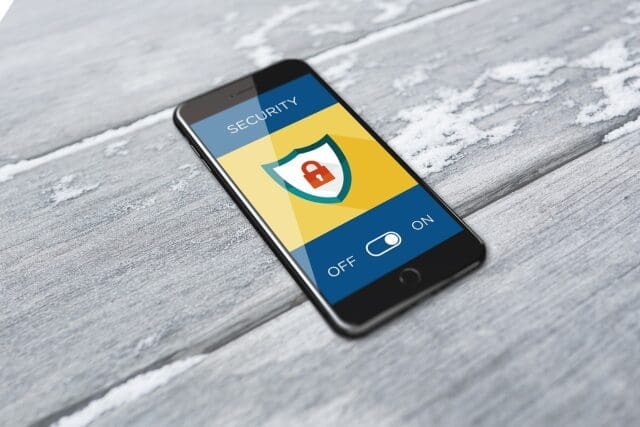

In an era dominated by technology, the threat of cyber attacks looms over every electronic device we own. From smartphones to laptops and smart home devices, the potential for a security breach is ever-present. Proper browser habits and Cybersecurity software are a must in protecting your devices and hard-earned money. This article on How to protect yourself from cyber attacks aims to shed light on safeguarding your electronic devices from cyber threats and provides practical tips to fortify your digital defenses.
What Are Hackers Looking to Steal?
Understanding the motivations behind cyber attacks is crucial in developing effective defense strategies. Hackers typically seek valuable information, such as personal data, financial details, or sensitive business information. This stolen data can be exploited for identity theft, financial fraud, or even sold on the dark web. Recognizing the potential targets can help users prioritize their security measures.
How to Protect Your Device:
- Use Strong Passwords: A robust password is The first defense for any device. Avoid easily guessable combinations like birthdays or common words. Opt for complex passwords with a mix of uppercase and lowercase letters, numbers, and symbols.
- Enable Two-Factor Authentication (2FA): Adding an extra layer of protection, 2FA requires users to provide a second form of verification, such as a code sent to their mobile device, in addition to their password. This makes it significantly harder for hackers to gain unauthorized access.
- Keep Software Updated: Regularly updating your operating system and applications is crucial. Software updates often include security patches that address vulnerabilities discovered by developers. Ignoring these updates leaves your device susceptible to exploitation.
- Install Antivirus Software: Utilize reputable antivirus and anti-malware Software to protect against malicious Software. These programs can detect and eliminate potential threats before they compromise your device.
- Encrypt Your Data: In the event that your device is lost or stolen, encryption adds an extra layer of security to your data. Encryption transforms your information into unreadable code, ensuring that even if unauthorized users gain access, they cannot decipher the content.
How Do Hackers Gain Access to Your System:
- Phishing Attacks: Hackers often employ phishing tactics to trick users into revealing sensitive information. Be cautious of emails, messages, or links that seem suspicious, and avoid clicking on them.
- Malware: Malicious Software, such as viruses, worms, and trojans, can compromise your device’s security. Avoid downloading files from unknown sources and be wary of suspicious websites.
- Weak Passwords: If your password is easily guessable, hackers may gain access to your accounts without much effort. Always use strong, unique passwords for each of your accounts.
- Unsecured Wi-Fi Networks: Connecting to unsecured Wi-Fi networks exposes your device to potential threats. Use secure, password-protected networks, especially when handling sensitive information.
Good Browsing Habits for Limiting Cyber Attacks:
- Verify Website Security: Before entering personal information on a website, ensure it is secure. Look for “https://” in the URL and a padlock icon in the address bar, indicating a secure connection.
- Be Cautious with Downloads: Only download files and applications from reputable sources. Avoid downloading attachments or Software from unknown or suspicious websites.
- Regularly Clear Browser Cache: Clearing your browser cache helps remove stored data that hackers could exploit. Regularly clear your cache and cookies to enhance your online security.
- Educate Yourself: Stay informed about the latest cyber threats and tactics. Being aware of potential risks can help you recognize and avoid falling victim to cyber attacks.
How to protect yourself from cyber attacks
In conclusion, protecting your electronic devices from cyber attacks requires a combination of vigilance, good security practices, and a proactive approach. Implementing these measures and staying informed about evolving cyber threats can significantly reduce the risk of falling victim to malicious activities.



